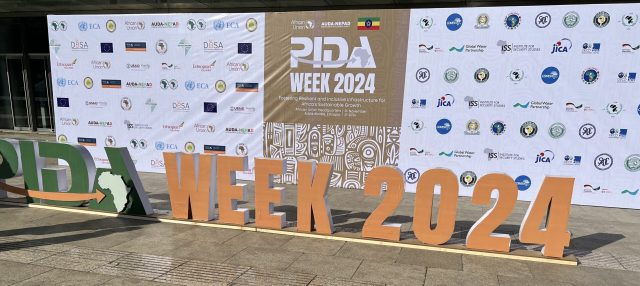Africa currently loses around $89 billion annually to illicit financial flows (IFFs), about 3.7% of the continent’s gross domestic product (GDP), while tax incentives to corporations contribute to a further $220 billion loss, according to the African Union (AU).
The loss through IFFs is an increase from what was reported through the findings of the AU High-Level Panel on Illicit Financial Flows in 2015, that shows Africa was losing more than $50 billion annually in IFFs.
According to data published by the Global Financial Integrity, (GFI) a not-for-profit research organization based in Washington DC that focuses on illicit financial flows, Africa is losing large amounts of money through trade misinvoicing and leakages in the balance of payment with the active connivance of its political class, making illicit financial flows one of the major sources of economic loss to the continent.
The GFI noted that through the manipulation of trade figures and leakages in the balance of payment, all African countries put together lost more than $862.6 billion from 2004 to 2013 according to ghanabusinessnews.com computations of the data.
South Africa is the largest loser. The country lost more than $209 billion, followed by Nigeria, which lost more than $178 billion during the period. Figures for Somalia were not available, and figures for Sudan, was at a time that South Sudan was part of the country.
While Africa holds the largest volume of some of the world’s major precious metals, more than $30 billion worth of gold is known to be smuggled out of the continent every year.
This week in the Ethiopian capital Addis Ababa, from November 24 to 29, 2024, the African Union and its partners are organising the Programme for Infrastructure Development in Africa Week (PIDA Week 2024), to deliberate over the continent’s infrastructure gaps and the need for investment in the sector.
The PIDA Week is an annual event organized under the Programme for Infrastructure Development in Africa, which serves as a platform for stakeholders to come together and discuss the progress, challenges, and future directions of infrastructure development across the continent. Inaugurated in 2015, PIDA Week has become a critical forum for accelerating infrastructure implementation in Africa, linking infrastructure to regional integration, economic growth, and job creation, the AU says on its website.
The Week also provides a forum for showcasing successful infrastructure projects and sharing best practices from across the continent. Through panel discussions, workshops, and presentations, participants have the opportunity to learn from the experiences of others and gain insights into innovative solutions and strategies.
“These success stories serve as valuable case studies that can be replicated and scaled up in other regions, contributing to a more cohesive and effective infrastructure development agenda,” the AU says.
Crucial to the conversations is the infrastructure financing gap which remains a significant barrier, with an estimated $68-$108 billion needed annually to meet infrastructure demands, according to the African Development Bank (2018).
About 40% of Africans lack clean drinking water and 60% lacks proper sanitation facilities. It is noted that poor road, rail and harbour infrastructure adds 30-40% to the costs of goods traded among African countries, and over 640 million Africans have no access to energy. This means six Africans in 10 do not have access to electricity services.
Some $160 billion is required over 10 years for investment in 69 projects, and $8 billion needed for project preparations alone.
Since its inception in 1991, PIDA has facilitated 433 projects and 75% of initiated ICT projects have been finalized, but there is more to be done.
While Africa is sitting on so much wealth, as it is said in local parlance on the continent, “the money is here”, Africa is seeking for investments to provide and improve infrastructure for its growing populations, estimated to reach 2.5 billion by 2050. The continent continues to hemorrhage through illicit financial flows, including through official corruption.
Looking at the figures lost to illicit financial flows, if Africa is able to focus, do the right things and curb illicit financial flows, the continent should be able to finance its infrastructure needs. Indeed, if the amount lost to Nigeria, $178 billion in 10 years is retained on the continent, and South Africa’s $209 billion loss are held back there should be enough to close the financing gap for infrastructure development.
As the events of the PIDA Week take off and end on Friday November 29, 2024, hopefully, Africa would find efficient ways to either curb illicit financial flows so the money stays on the continent, or investors are found, who would happily invest in the critical infrastructure areas to spur social and economic growth for a continent holding so much promise for the future of its teeming populations, for whom the objectives and goals of Agenda 2063, would be dreams come true for well deserved better conditions of living.
By Emmanuel K Dogbevi, in Addis Abba, Ethiopia
Copyright ©2024 by NewsBridge Africa
All rights reserved. This article or any portion thereof may not be reproduced or used in any manner whatsoever without the express written permission of the publisher except for the use of brief quotations in reviews.
















